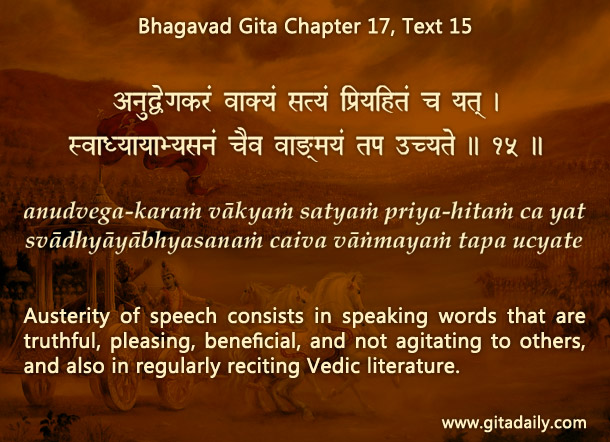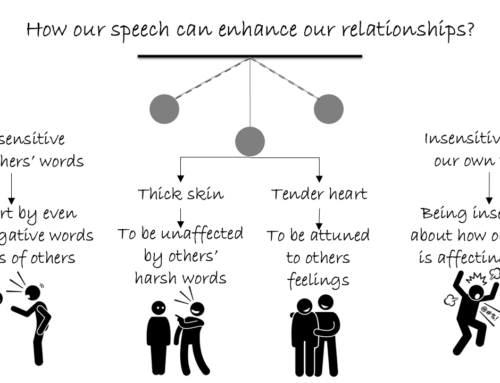Why we may underestimate the power of words – Suppose a friend comes to us with a black eye, a bleeding nose and a broken tooth. We will be concerned, if not alarmed. We will provide first aid or rush them to a hospital. If we come to know that the wounds were due not to an accident but due to an assault, we may insist that they report it to the police.
But suppose that friend comes to us after being scorned and insulted and threatened. Because wounds caused by words aren’t so easily visible, we may notice nothing amiss. Only if we are perceptive and they are expressive might we come to know that something is wrong.
When power is not visible, we sense it through its effects — though we can’t see electricity, we can discern its absence by our light-bulbs turning off. But when the effects of power are not easily visible, as happens with reticent verbal assault victims, what do we do? See words. Significantly, the power of words is sensed primarily through words — when we hear the victims of verbal assault, we realize how serious the problem is.
We often underestimate not just the destructive power of harsh words, but also the regenerative power of kind words. Suicide helpline workers know that people contemplating suicide can be deterred by just a few gentle words of encouragement or reassurance. Demoralized people can become energized by a few motivational words. In fact, the Bhagavad-gita itself demonstrates the transformative power of words. In fewer words than those appearing on the front and back pages of the New York Times, the Gita transformed an immobilized, teary-eyed person (02.01) into an alert, composed go-getter (18.73).
When we realize the power of words, we appreciate more deeply the value of the Gita’s guideline to discipline our speech (17.15)
One-sentence summary:
Words are powerful — both destructively and constructively — and their power can be appreciated primarily through words.
Think it over
- Why is it easy to underestimate the power of words?
- How can we sense the power of words properly?
- Contemplate any occasion when you realized the power of words
***
17.15: Austerity of speech consists in speaking words that are truthful, pleasing, beneficial, and not agitating to others, and also in regularly reciting Vedic literature.




Tongue speaks at the cost of mind